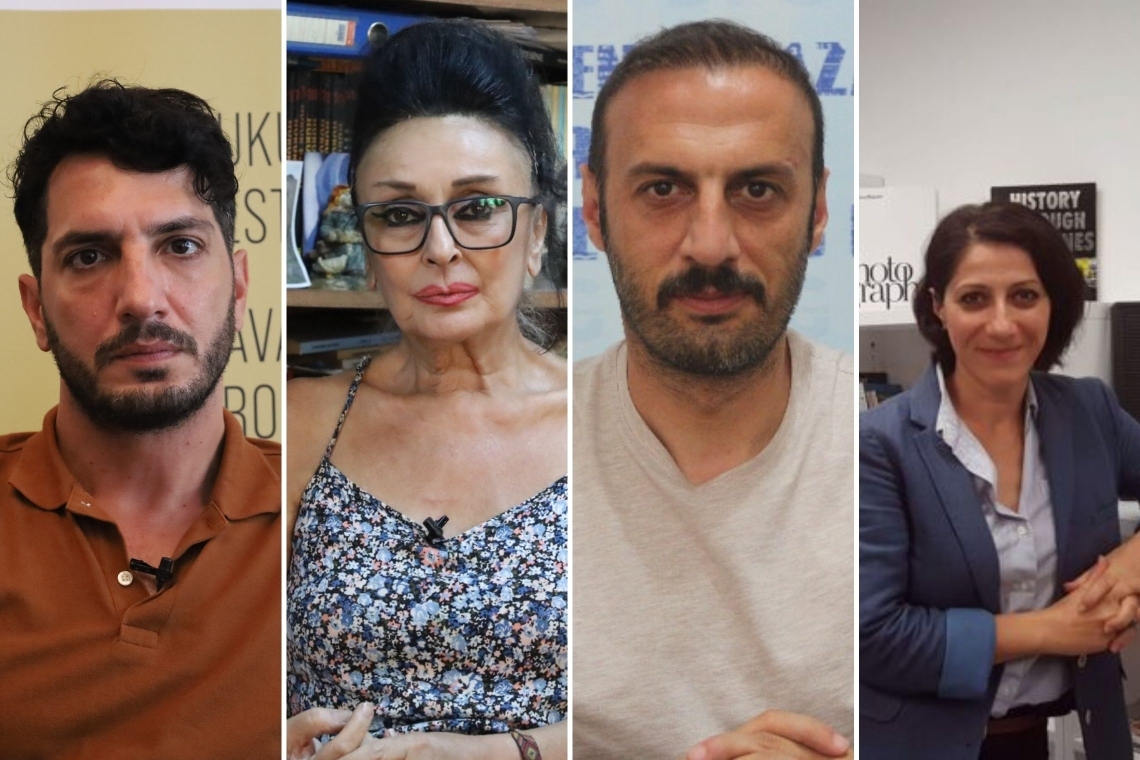Arrest of woman over street interview condemned as unlawful by press freedom advocates
Human rights advocates, journalism organizations, and civil society representatives have condemned the arrest of Dilruba Y. in İzmir following her remarks in a street interview, describing the move as an increasing crackdown on freedom of expression. They have called for a united struggle against such measures.
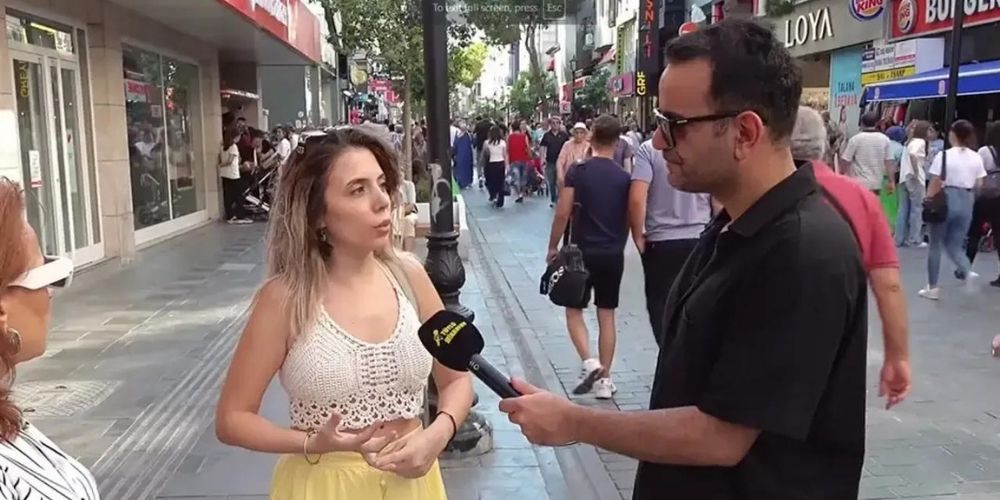
The arrest comes after Ebubekir Şahin, the head of Turkey's Radio and Television Supreme Council (RTÜK), targeted street interviews, accusing them of spreading disinformation and stating on August 8 that necessary actions would be taken. On August 13, Dilruba Y. criticized the ban on Instagram in a street interview and was subsequently arrested and jailed. Justice Minister Yılmaz Tunç, on August 14, asserted that there were no plans to ban street interviews but warned, “If you speak in a way that incites hatred and hostility among the public, the judiciary will intervene.”
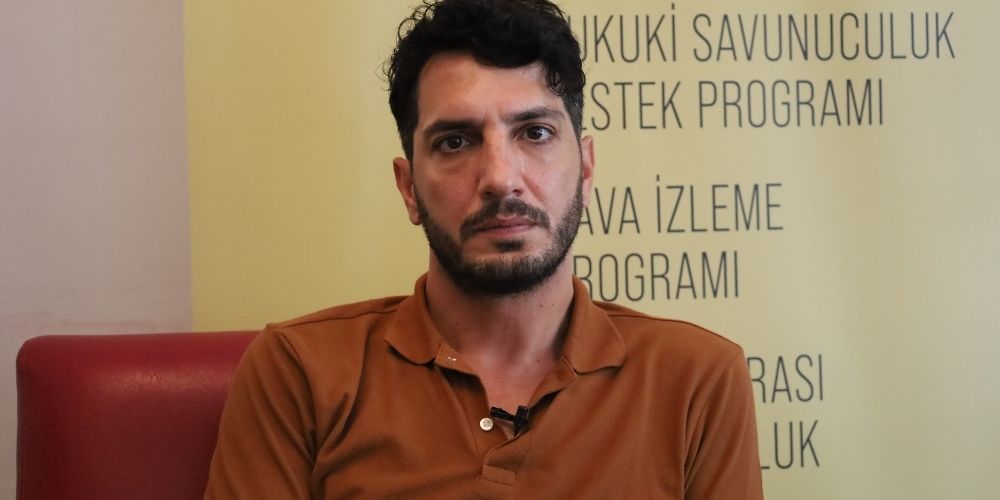
Reactions from freedom of expression advocates
Speaking on the increasing pressure on street interviews, representatives of freedom of expression organizations shared their perspectives on what should be done next.
Veysel Ok, co-director of the Media and Law Studies Association (MLSA), emphasized that the arrest in İzmir cannot be seen as independent of RTÜK President Şahin’s statements targeting street interviews on YouTube. Ok reminded that two years ago, RTÜK was granted authority to monitor social media and TV broadcasts, a move that civil society had opposed. "When this law was enacted, we had warned that it could end social media, journalism, and street journalism. RTÜK’s statement now indicates they will keep street interviews under surveillance. The arrest in İzmir is not unrelated. When we evaluate Dilruba Y.’s remarks, there is nothing that warrants an arrest. Some people or segments of society might be disturbed, shocked, or even disgusted by Dilruba’s speech. But that doesn’t mean it constitutes a crime that necessitates arrest,” said Ok.
Ok argued that the real aim is to instill fear and create a climate of fear in society. "For citizens to speak freely, opposition parties and civil society organizations must provide legal and political support to those arrested for street interviews. Otherwise, we won't be able to get out of this," he said.
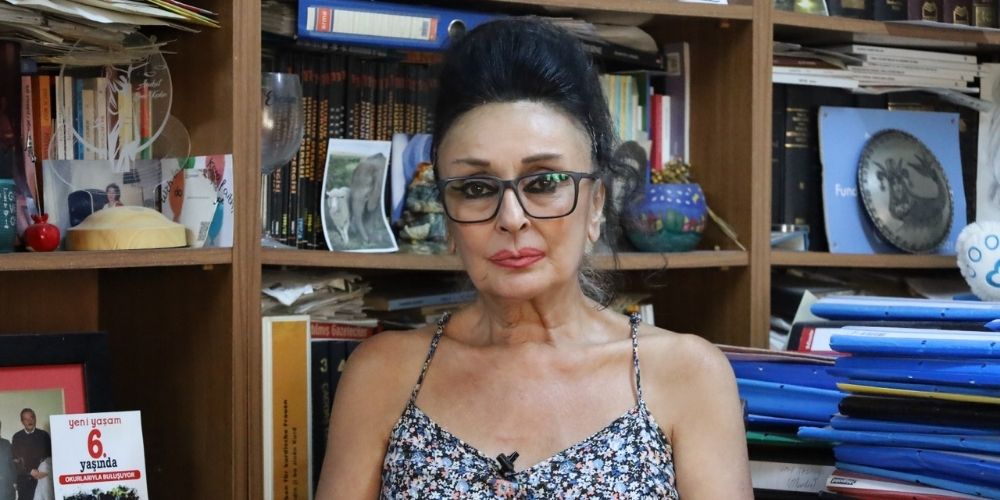
Legal implications and broader context
Eren Keskin, co-chair of the Human Rights Association (İHD), called Dilruba’s arrest “irrational” and a violation of both Turkey’s domestic law and the international agreements it has signed. “Articles 9 and 10 of the European Convention on Human Rights explicitly regulate freedom of expression. Turkey’s constitution also states that in case of conflict between domestic law and international law, international law shall prevail. They accepted this with the constitution. But because Turkey is not a state governed by the rule of law, it violates not only the international agreements it signed but also its own internal laws.”
Keskin noted that while the remarks made during the interview could be harsh political words, they do not amount to insulting the president or inciting hatred and hostility as defined under Article 216 of the Turkish Penal Code. “Even if they did, considering the duration of the potential sentence, arrest would not be possible. Therefore, the arrest is unlawful. It’s irrational,” Keskin said.
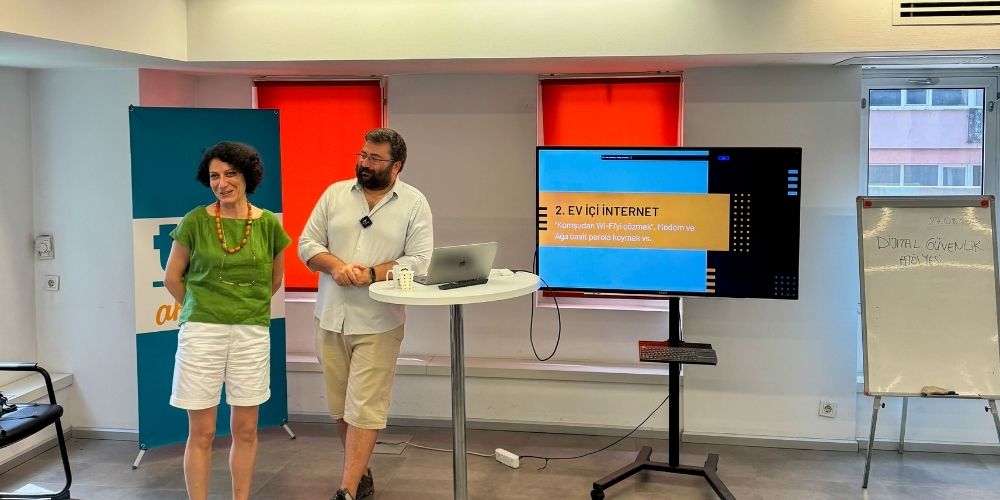
Concerns over press freedom and societal implications
Banu Tuna, Secretary-General of the Journalists’ Union of Turkey (TGS), described the statements by RTÜK President Şahin and Dilruba Y.'s arrest as evidence that the oppressive regime has entered a new phase. “Dilruba’s arrest is a stick shown to the world, telling everyone to keep their opinions to themselves. The government wants to silence dissenting voices while imposing a compulsory alignment, as seen in the case of Haniye’s killing,” Tuna said.
Tuna pointed out that Şahin’s tweet on the issue stated that street interviews had reached dimensions contrary to universal press profession principles and ethical values. She argued that street interviews should be viewed from the perspective of freedom of expression, not press ethics. "If Şahin insists on looking at it through the lens of press ethics, and if the issue is about being objective rather than directive, I suggest he scrutinizes the news of several pro-government channels and newspapers with the same rigor," she said.
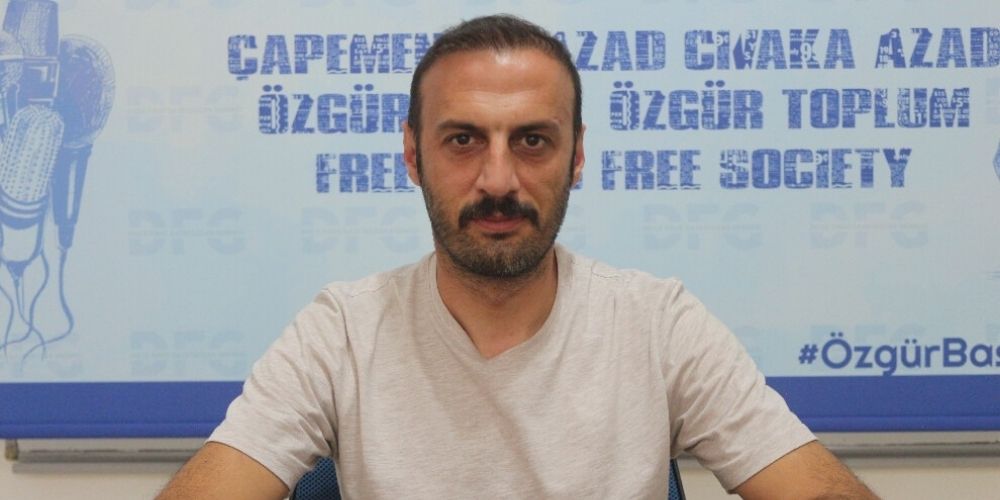
Calls for united action
Tuna emphasized the need for a collective and comprehensive response: “The government is trying to regulate and control every field according to its own line. Everyone is struggling in their own field. When the LGBTQ+ community is targeted, they are left alone; journalists have been alone in the squares for years. As long as struggles continue separately and in a divided manner, our lives will keep shrinking. This is not a matter of individual rights areas; a collective voice must be raised, and not just professional organizations, but all segments of society must come together and object.”
Criticism of RTÜK’s role and call for resistance
Selman Çiçek, co-chair of the Dicle Fırat Journalists Association (DGF), underlined the seriousness of a woman being arrested for giving a street interview. “The arrest coming after RTÜK’s statement is not coincidental. RTÜK has turned into a tool of the government rather than a media institution. Its only task in this country is to silence opposition to the government. It does this either through fines or by collaborating with the judiciary. All of this is organized from one hand, and these institutions are executing these orders.”
Çiçek concluded, “If we don’t speak out against this, we will face more serious problems. What is being implemented now is fascism, and with this awareness, we must strengthen the democratic front against the implementation of fascism.”


